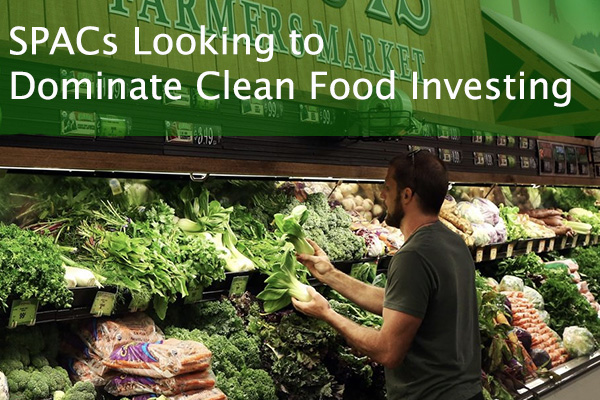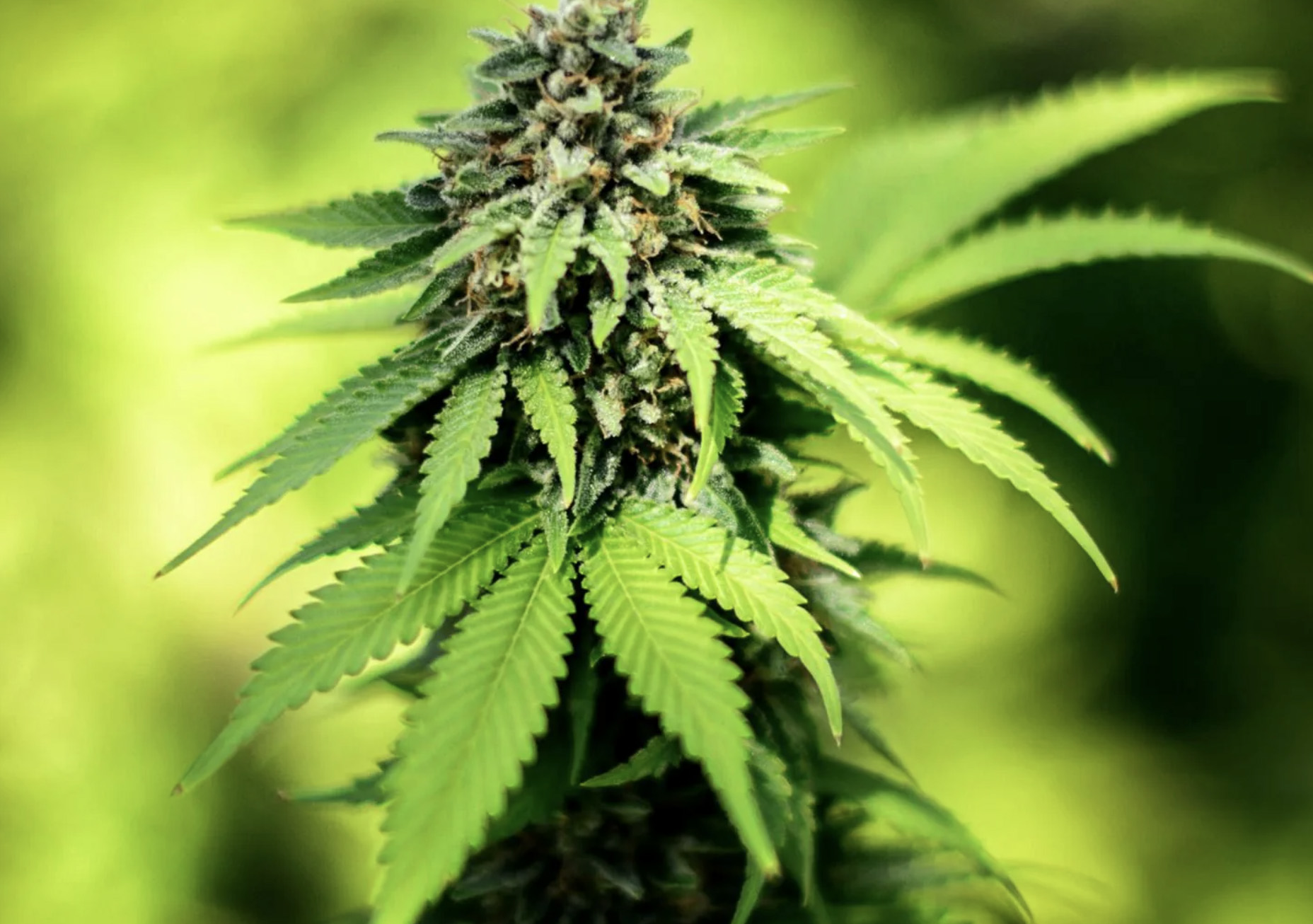
SPACs and the Clean Food Market
Clean food investments have largely been dominated by SPACs (special purpose acquisition companies) looking to capitalize on the potential market growth. These “blank check” entities are taking advantage of the hype fermenting around the clean food sector. As the investment landscape around clean food tech begins to take shape, SPACs may be the driving force behind greater investment in clean food. However, SPACs have been guilty in the past of shortsighted financial engineering designed to profit as quickly as possible from a hot sector at the expense of building lasting companies. SPAC deals in 2022 will be carefully analyzed to determine their impact on the clean food sector.
Both Aerofarms and AppHarvest (APPH) decided to use SPACs in their attempts to go public. Aerofarms called off the IPO via SPAC in March of 2021 and AppHarvest became public, doing a deal with Novus Capital in 2020. APPH skyrocketed in the months after its debut, reaching a high of $42.90 a share. A whopping $4 Billion market capitalization soon dissolved after earnings were missed in August 2021. What seemed like a smart investment in an innovative vertical farming company turned into a hefty loss for early APPH investors. More importantly, the lessons from APPH underscore the risks inherent in using a SPAC to enter public markets. Many companies give up too much in order to raise capital. SPACs lack the due diligence that is part of the IPO process. SPACs exist as an end-around securities regulations and filing requirements and are designed to raise money in the public market quickly. This compressed timeframe often leads to misleading or incorrect information, leaving the investor holding the bag after earnings are revised downward like AppHarvest had to do in August, 2021 — the revision sent the stock below $4/share. Furthermore, The sponsor of the SPAC generally takes a large 20% stake in the new company. Oftentimes, the sponsor is granted future warrants that dilute early investors even further. While more efficient at raising money, SPACs remain more risky for both investors and the companies and can potentially risk long-term success.
The decarbonization of the planet is where many SPACs are looking to apply their “blank check” investment thesis as they chase future returns. Food distribution start-up, GrubMarket, was looking for $50 million to fund growth. Demand was so high, GrubMarket ended up securing a whopping $240 million from investors. The thirst for company’s developing clean technology is driving this new gold rush into green technologies and clean food tech is perfectly positioned to take advantage of this momentum. So far, investors are shrugging off the sky high valuations placed on SPACs focused on developing green technologies, however, this sentiment could change quickly, leaving companies with a stagnant share price as the hype moves elsewhere. .
When company fundamentals are obscured by the excitement and speed of a SPAC going to market, it sets up the company for a higher risk of future failure. AppHarvest experienced a huge drop in market capitalization because it was over hyped during its journey going public. Revenue numbers were revised down by millions mostly because the estimates made by the SPAC were highly inflated to begin with. The massive downward revision blamed on tomato quality and price, had less to do with the drop than the over estimates made while going public. A traditional IPO process would have likely held off going public until any issues affecting future earnings were solved.
As clean food investments begin to take shape in 2022, we will be evaluating deals very carefully to assess both market size and leading players in the industry. The net impact of SPACs on the clean food sector has yet to be calculated, however, the movements of the special purpose acquisition companies will provide insight into where the clean food market is going.
*We are contantly tracking manufactuers, growers, distributors and grocers to update our market size model. Do your own due diligence. Our model could be wrong and it should never be relied upon as the sole reason to make any investments. Always do your own research. terms.



